Whilst there have been several news articles which include Madeira as a potential Zika outbreak location, few actually mention the control measures in place in Madeira, by both the national health authorities (DGS -Direcção Geral de Saude) who have created dedicated e-mail [email protected] and website as well as the regional health authorities who have also created a dedicated website where anyone can see the mosquito activity as per monitoring programme in place.
The epidemiology report through to the 16th week of 2016, identifies one potential dengue case - see report from IASAUDE or click below.
| boletim_epidemiologico_10-2016_a_16-2016.pdf |
Madeira Autonomous Region follows all the World Health Organization recommendations in relation to the Zika virus spreading risk.
We are keeping a very close watch at the entomological and epidemiological level.
The risk of local transmission is small because the vector activity is low.
Funchal , May 18, 2016
The President of the Directing Council
Regional Public Health Authority
Ana Nunes
| comunicado_19_05_2016_-_ia_saúde_acerca_do_zika.pdf |
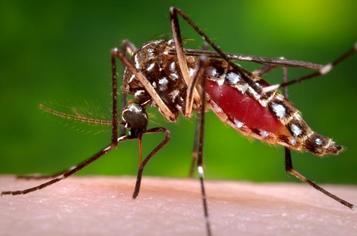
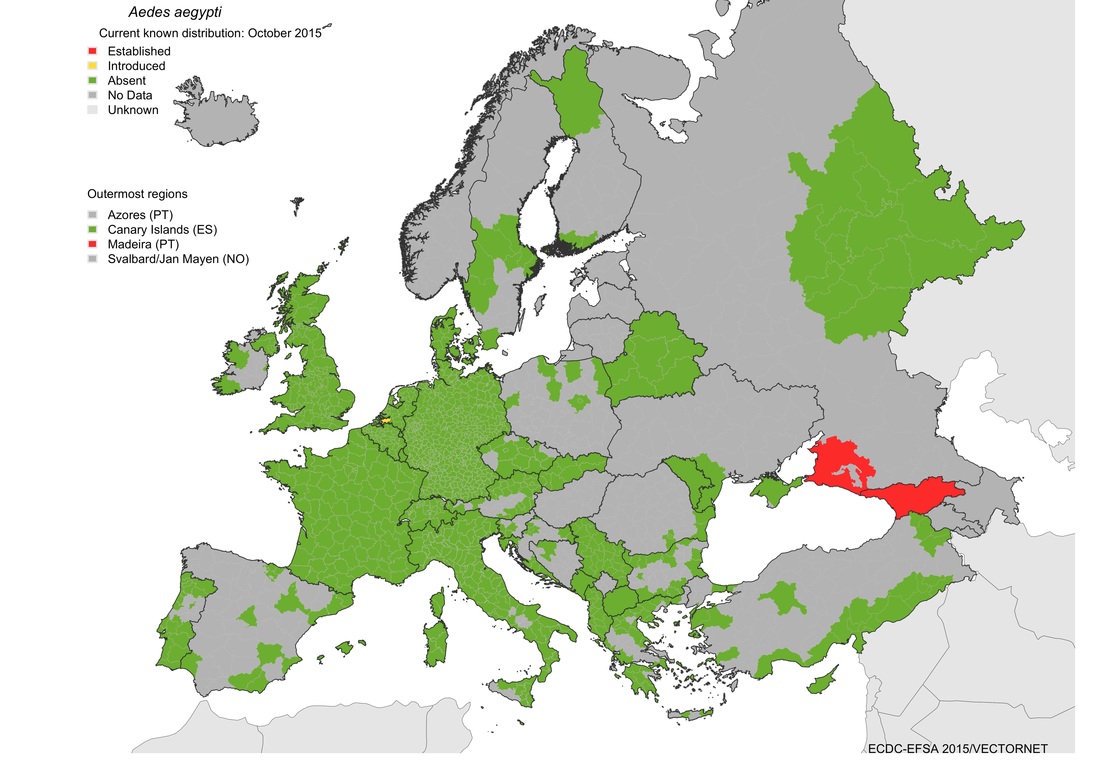
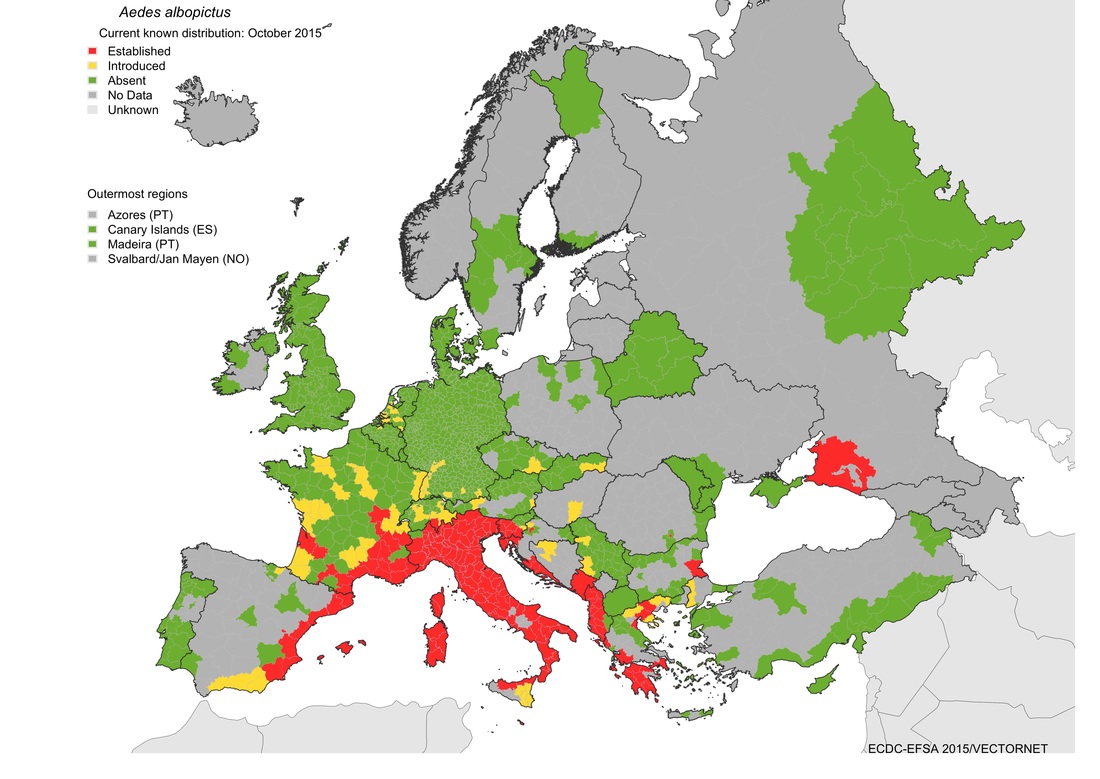
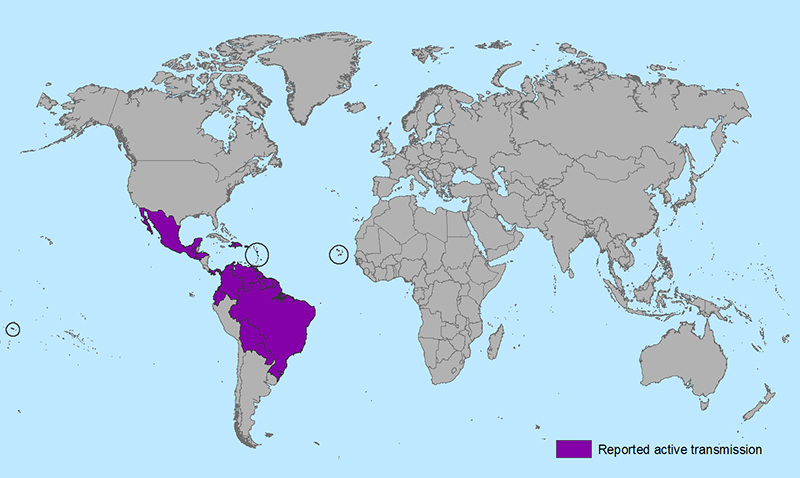
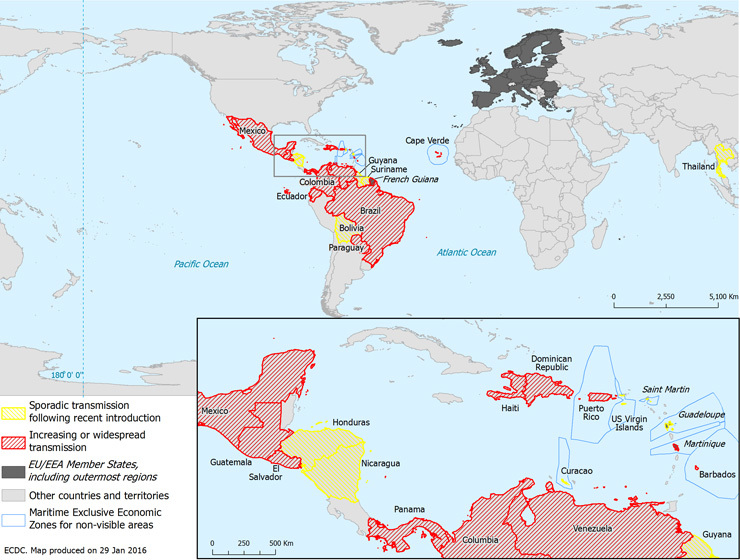
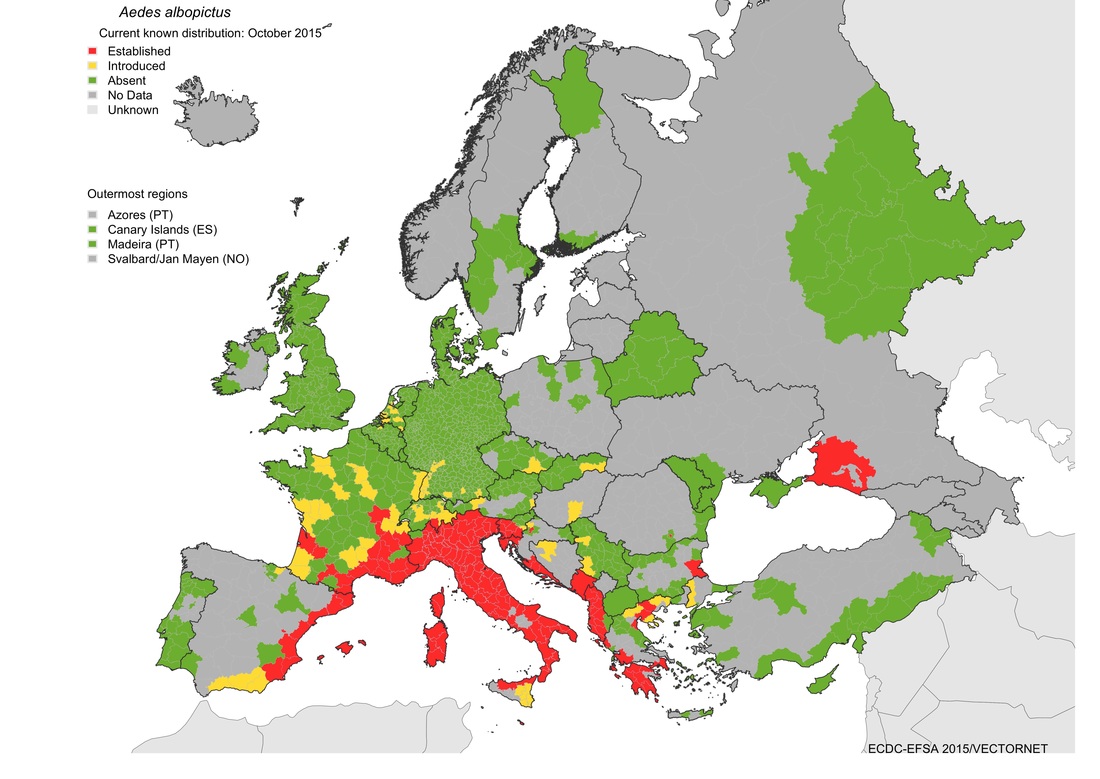
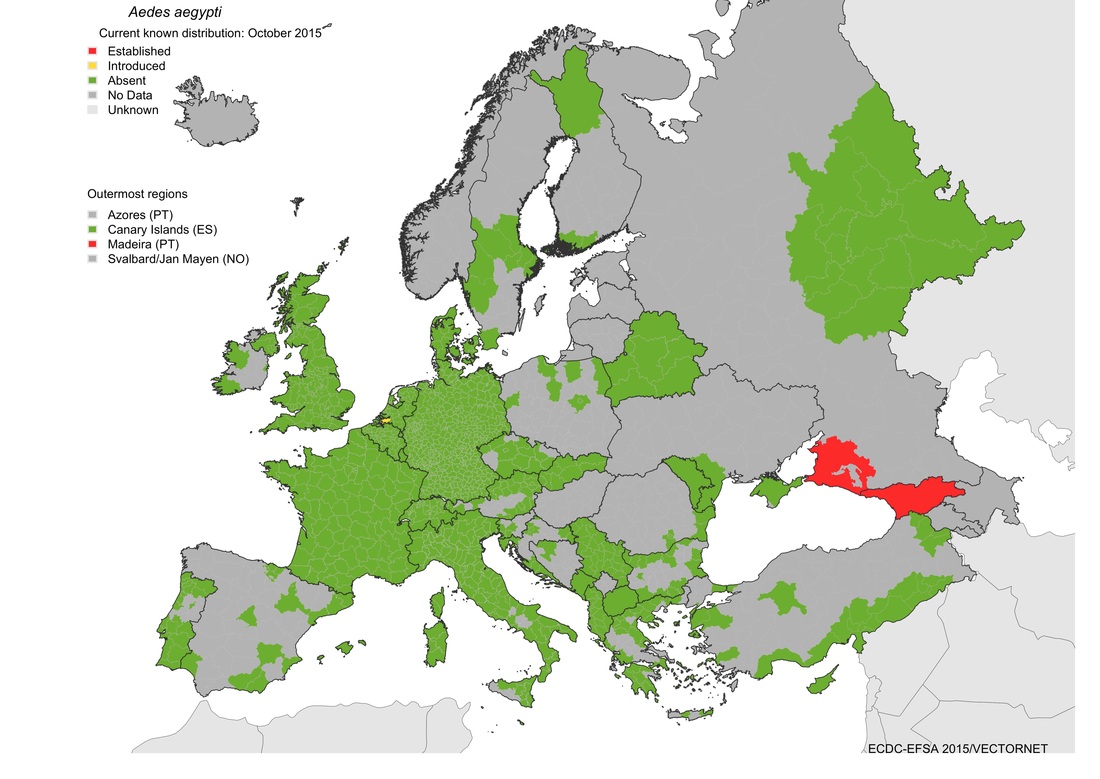
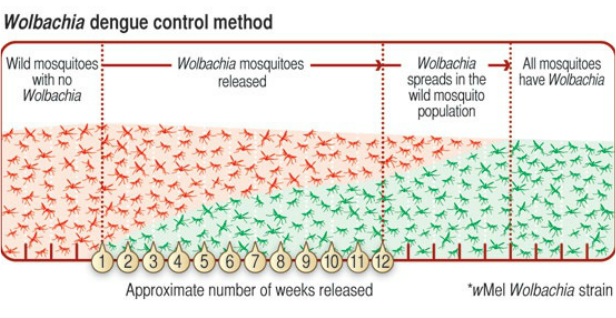
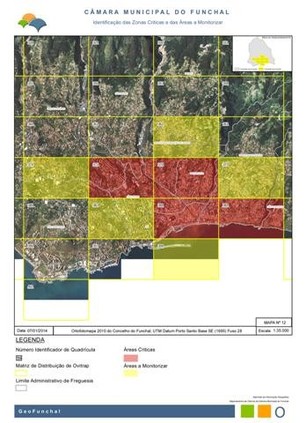
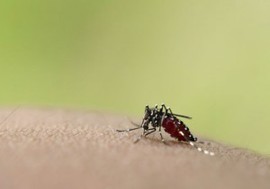
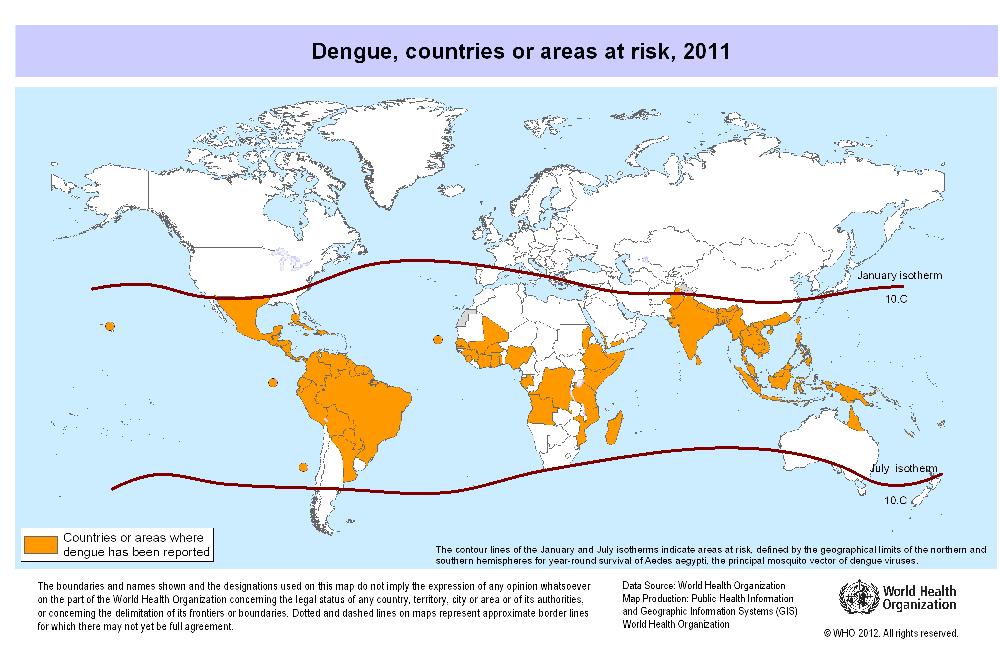
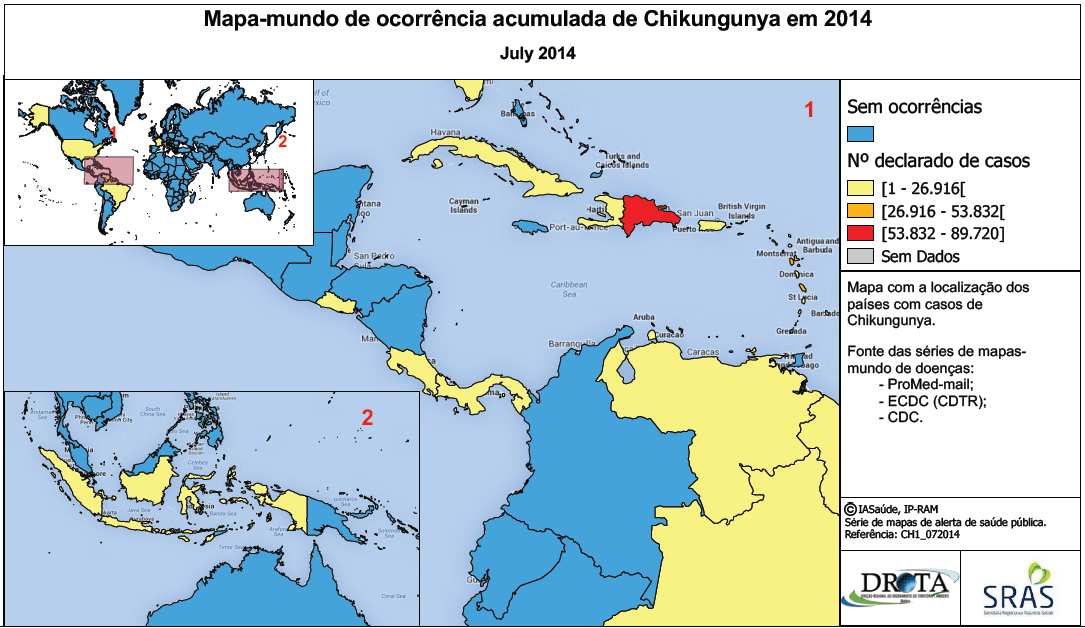
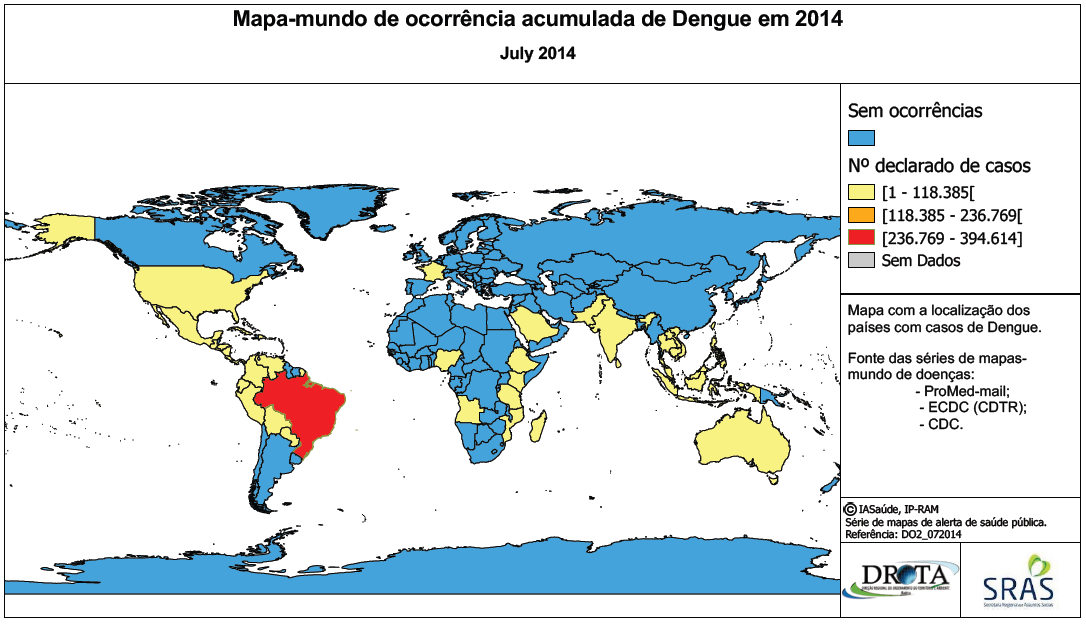
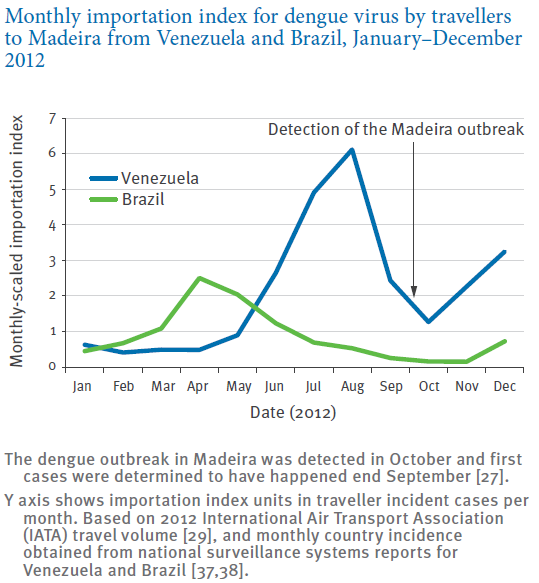
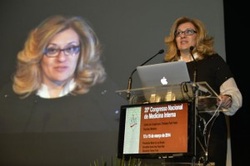
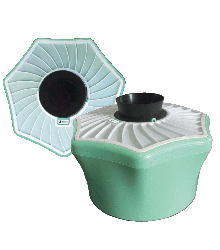

 RSS Feed
RSS Feed
